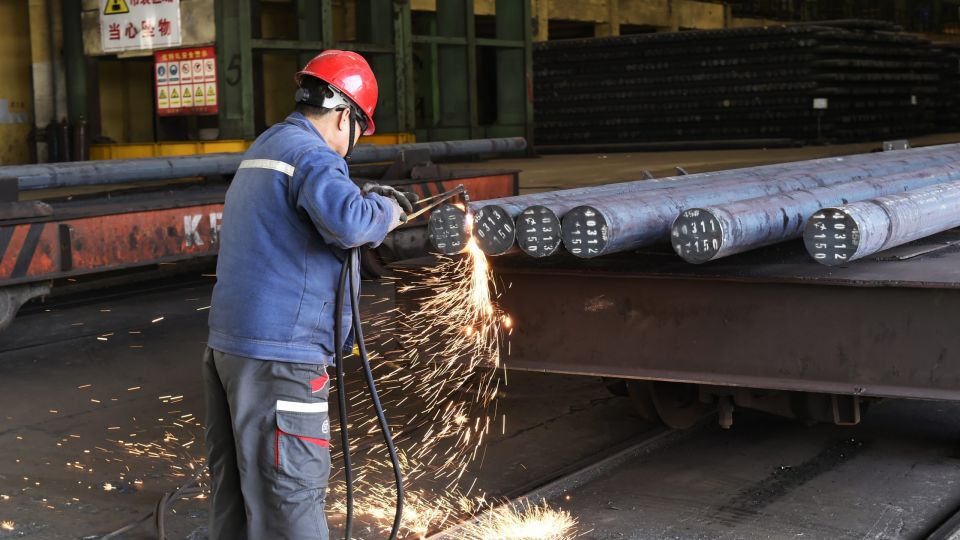October 29, 2018
The world’s two largest economies have been locked in a trade war—with escalating stakes—for months, and there’s no sign the mutual hostilities will end any time soon.
Over the past few months, the United States has imposed three rounds of tariffs on a variety of Chinese goods totalling upwards of USD 250 billion. China has answered those levies with tariffs of their own, placing restrictions on American goods worth USD 110 billion.
Shock waves from these actions have the potential to affect economies across the globe. What are some of the countries in the region doing to weather the possible storm?
Indonesia
Indonesia’s strategy for coping with the US-China skirmishes is to diversify its portfolio of trading partnerships.
The government has announced that it is seeking to complete 13 new trade agreements before the end of 2019. According to Trade Minister Enggartiasto Lukita, 8 of those are already in the process of negotiation.
One of the agreements closest to being wrapped up is the Indonesia-Australia Comprehensive Economic Partnership Agreement, or IA-CEPA, for which negotiations have already concluded.
Another noteworthy trade agreement in process is the Regional Comprehensive Economic Partnership, a free trade agreement between 16 countries: ASEAN and six Asia Pacific States—China, India, Japan, South Korea, Australia and New Zealand. The agreement represents nearly half—45 percent—of the world’s population.
South Korea
South Korea seems to be readying itself to set out on a similar track. On Tuesday, the country’s top economic policy-maker said that South Korea should seek to broaden its trading channels and seek multi-lateral ties.
“Seeking to actively respond to trade protectionism, [Korea] will take pre-emptive actions to diversify its investment and human interchanges,” said Deputy Prime Minister and Finance Minister Kim Dong-yeon in a meeting of economy-related ministers, according to reporting by The Korea Herald.
The government is also keeping an eye out for possible ramifications should the United States decide to declare Beijing a currency manipulator. The US Department of the Treasury declined to bestow this designation on China last week in its semi-annual report on foreign exchange rates, but said the US would be closely monitoring the yuan in the coming months in the lead-up to the next release of the report in April of next year.
Vietnam
While Vietnamese economic experts are keeping a close watch on the US-China relationship, some in the country are arguing that Hanoi stands to gain from the ongoing trade battles.
Vietnam may have the opportunity to increase its exports in goods like shrimp, wood products, and leather items as China’s trade with the United States dries up. However, that strategy is not without its challenges. Vietnam ranked fifth in terms of trading partners with whom the United States had a trade deficit in 2017 so leaning too hard into exports into the US market could see Vietnam slapped with import tariffs as well, which has the potential to hit the Vietnamese economy hard.


